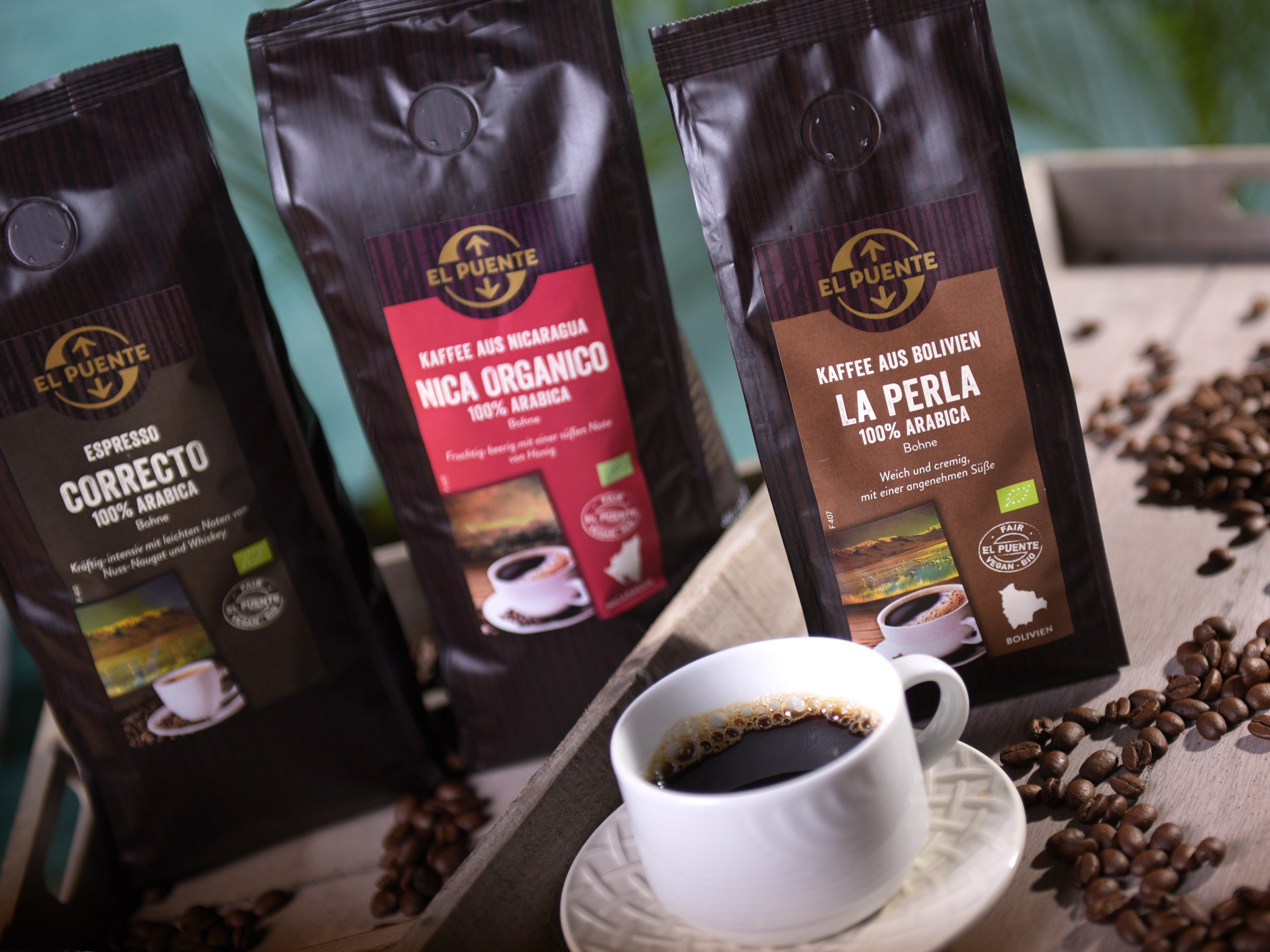Blog
What is Organic Free Trade Coffee?
Consumers choose organic, Fair Trade and Rainforest Alliance certified coffee for various reasons – their own health concerns, environmental sustainability of farming or to make sure the farmers they purchase from are treated fairly and receive fair compensation. It’s important to keep in mind that one decision like choosing organic, Fair Trade or Rainforest Alliance certified coffee can have far reaching ramifications that impact multiple people indirectly.
Are you confused about what these labels represent? Let’s make things easy for you by breaking it down step-by-step.
Organic Coffee
Organic coffee is produced without using synthetic fertilizers, pesticides and herbicides. Farmers must adhere to stringent standards in order to be certified organic; these guidelines aim to protect both wildlife and the environment from chemicals while encouraging regenerative agriculture practices that foster long-term soil health.
Fair Trade Coffee
In order to qualify as Fair Trade coffee, a coffee must come from an established cooperative or producer-owned business and be produced using strict social and economic criteria by its growers. A premium is typically given back to farmers for community development projects or improving farming techniques.
Fair Trade certification ensures that farmers do not face unfair prices from middlemen or exporters, and requires buyers to submit quarterly reports detailing purchases made and pay a percentage of sales as fees for maintaining certification.
Fair trade is an inclusive trading partnership based on mutual benefit and respect between farmers, workers, communities and companies. It offers an effective solution for combatting poverty while decreasing inequality while helping more people live their lives with dignity.
Fair Trade, organic and Rainforest Alliance are three labels with similar claims; however there can be distinct variations between how these labels are applied to products and regulated by governments. Charlotte Vallaeys highlights how some terms used on coffee packaging are ineffective; instead consumers should turn to more established seals like Fair Trade, USDA Organic and Rainforest Alliance as guarantees of equal treatment of farmers behind our morning cup of joe.
Equal Exchange, founded in 1986 as a worker-owned cooperative, strives to build long-term trade partnerships that are economically just and environmentally sustainable while also demonstrating how employee cooperatives and Fair Trade can contribute to creating a more equitable, democratic, and sustainable world. Alongside offering fair trade and organic coffees, Equal Exchange also supplies various food items produced from small producers around the globe.



